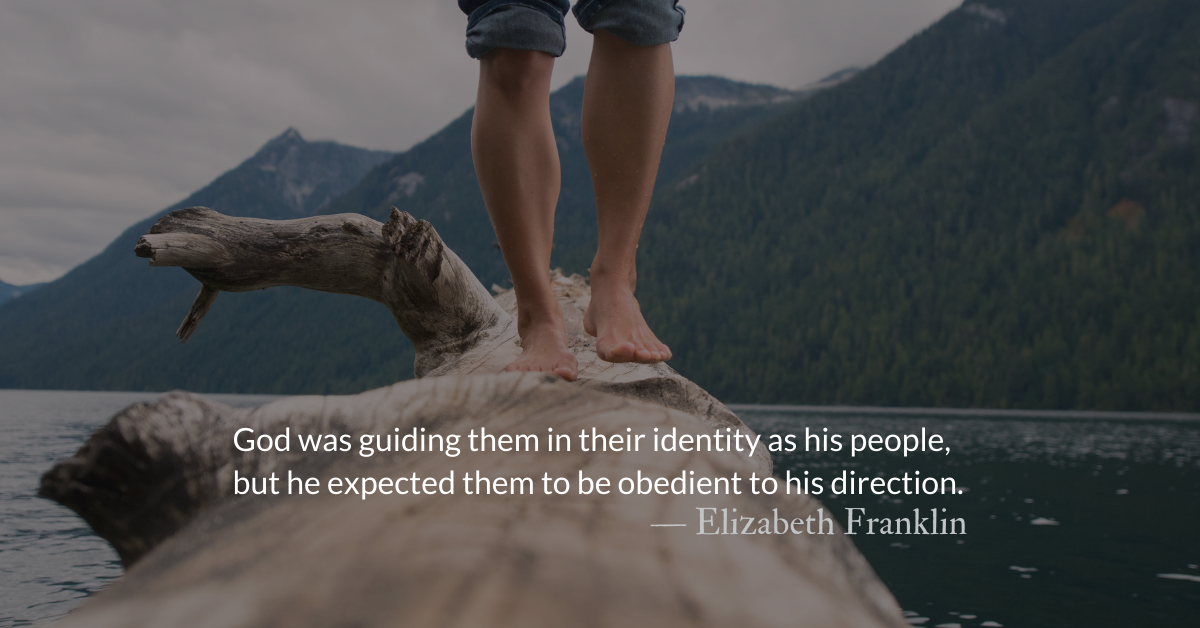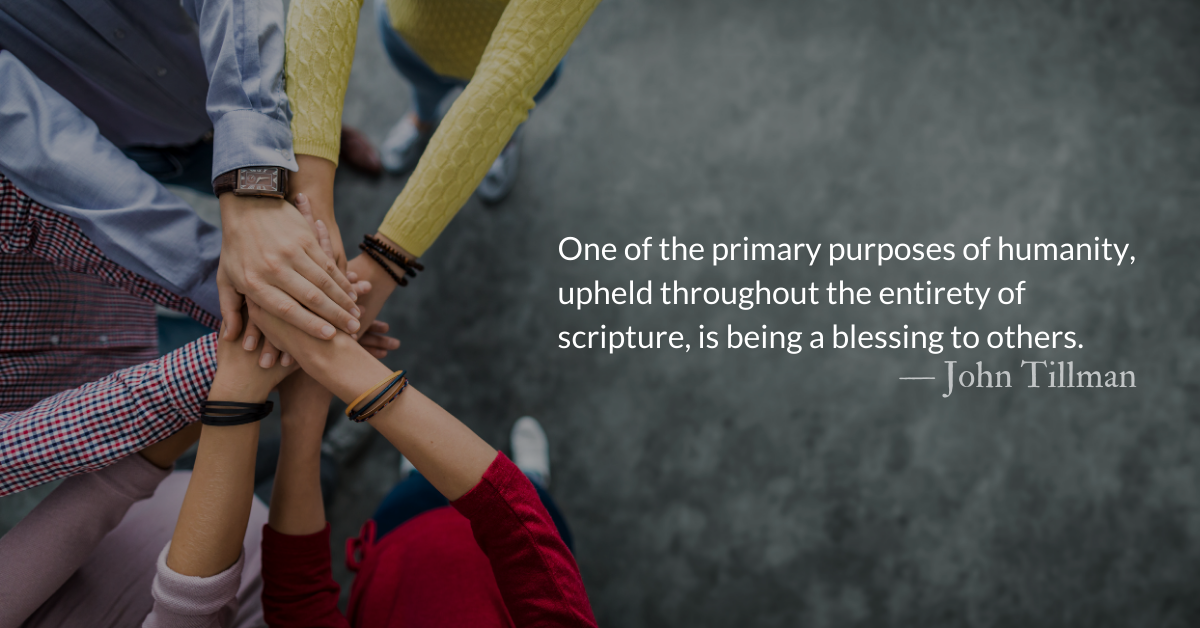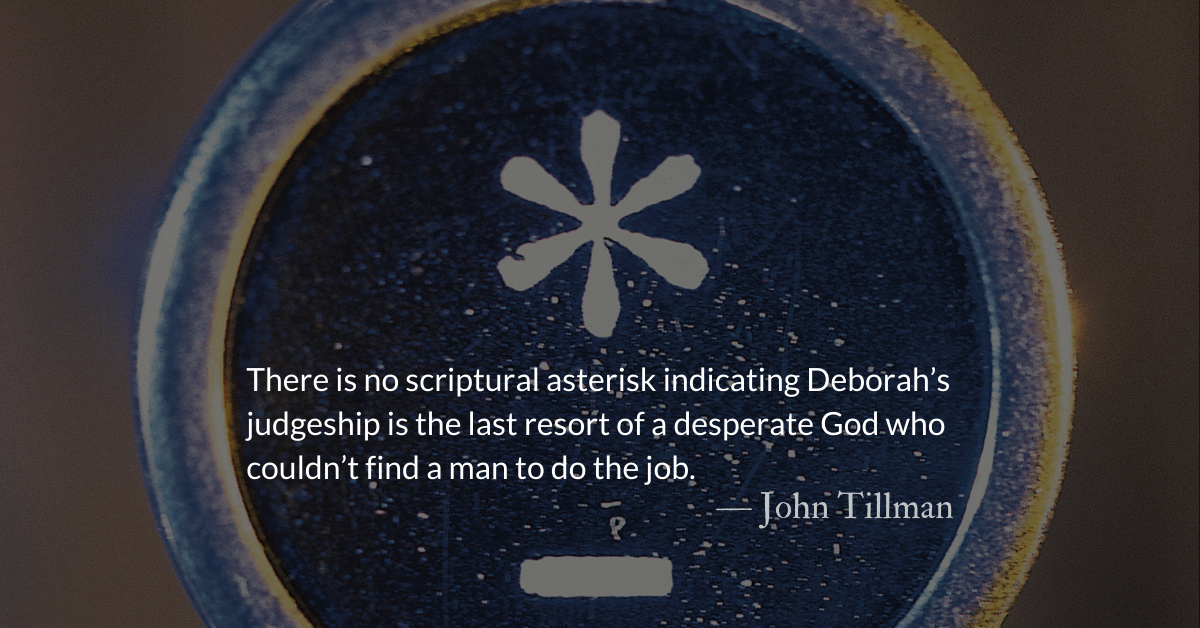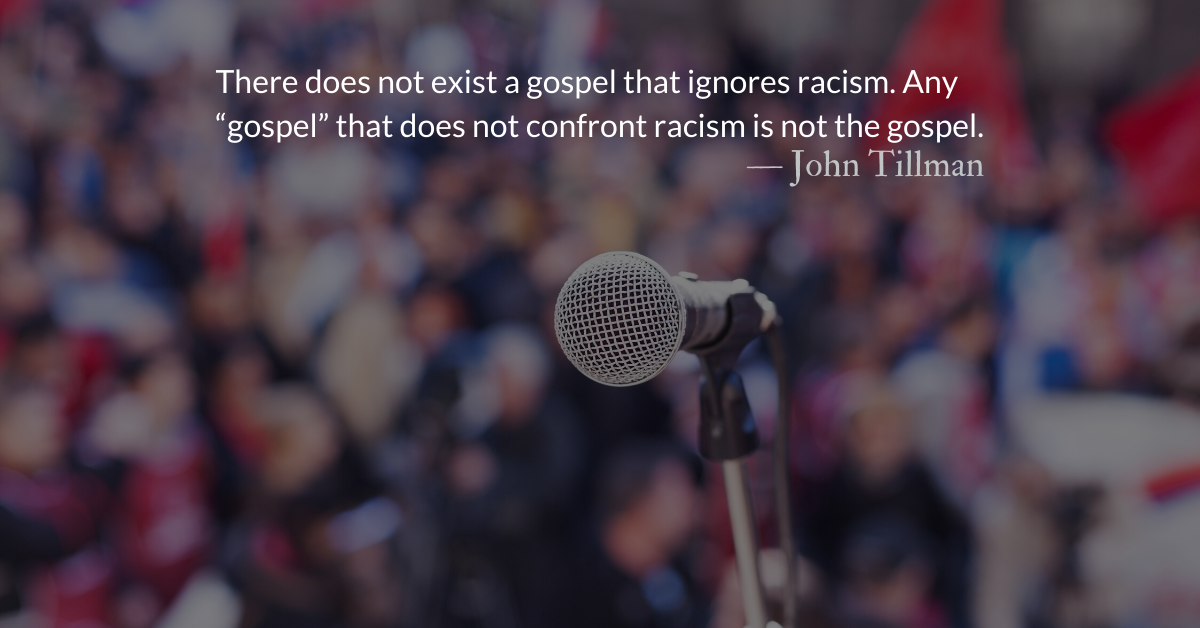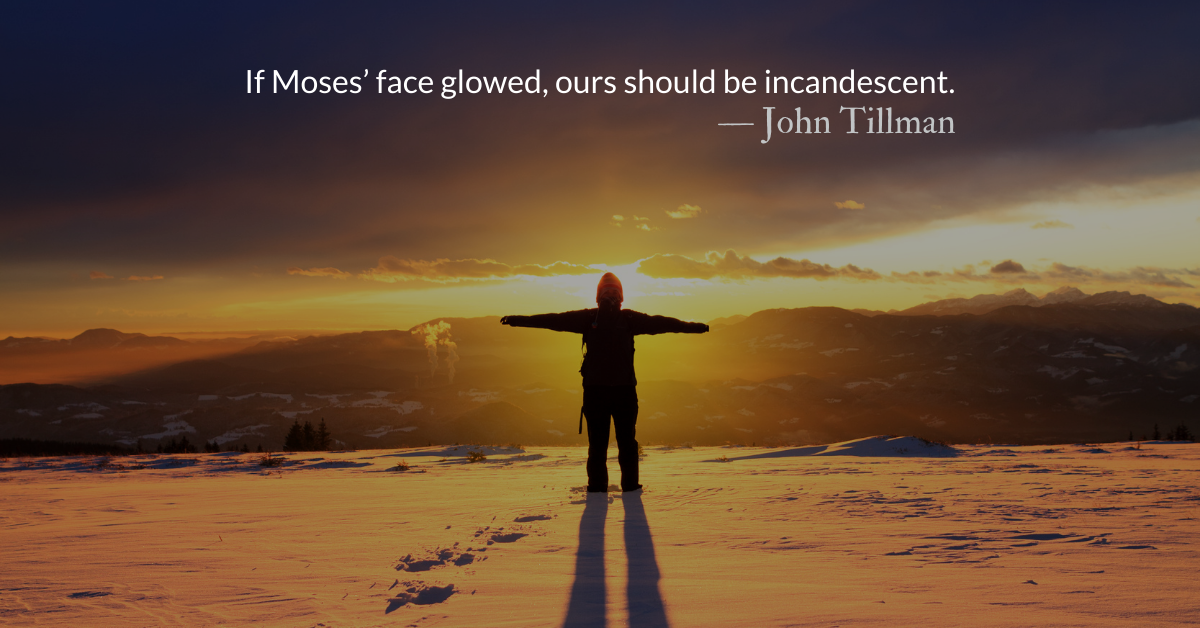Readers’ Choice Month:
In August, The Park Forum looks back on our readers’ selections of our most meaningful and helpful devotionals from the past 12 months. Thank you for your readership and your submissions for this month.
Today’s post was originally published, July 13, 2021, based on readings from Joshua 18.
It was selected by reader, John from Singapore
Scripture Focus: Joshua 18.1-3, 8-10
1 The whole assembly of the Israelites gathered at Shiloh and set up the tent of meeting there. The country was brought under their control, 2 but there were still seven Israelite tribes who had not yet received their inheritance.
3 So Joshua said to the Israelites: “How long will you wait before you begin to take possession of the land that the Lord, the God of your ancestors, has given you?
8 As the men started on their way to map out the land, Joshua instructed them, “Go and make a survey of the land and write a description of it. Then return to me, and I will cast lots for you here at Shiloh in the presence of the Lord.” 9 So the men left and went through the land. They wrote its description on a scroll, town by town, in seven parts, and returned to Joshua in the camp at Shiloh. 10 Joshua then cast lots for them in Shiloh in the presence of the Lord, and there he distributed the land to the Israelites according to their tribal divisions.
Reflection: Bold Obedience — Readers’ Choice
By Elizabeth Franklin
“Free bookshelf: must pick up!” As a student, the words “free [anything]” immediately catch my eye. Unfortunately, the words that often follow—“must pick up”—immediately send me back to searching, because my mid-sized vehicle cannot accommodate most furniture. I’m willing to receive it, but I’m hesitant to go and get it!
Seven of the tribes of Israel encountered a similar dilemma as their people were in the process of entering the land that God had promised them. Their problem was not so much the ability to receive the land, but their willingness to go get it. God had accompanied the Israelites through generations of trouble and travel to arrive at this promised land, and now he had enabled them to take possession of it. However, these seven tribes needed some extra prompting to move forward in obedience.
Throughout the Israelites’ history, God had made one thing abundantly clear: “Obey what I have told you, and you will be blessed.” God was guiding them in their identity as his people, but he expected them to be obedient to his direction.
In this case, obedience meant bold action. God had secured the land for them, but they had to physically go and take possession of it. The biblical text does not tell us why these seven tribes hadn’t done so already—perhaps they were afraid, apathetic, or just not paying attention. Whatever the case, their leader had to prompt them to do what God had already instructed. Once they obeyed, though, the land was theirs. God was faithful to what he had promised.
God has secured abundant spiritual blessings for us in Christ. If we are willing to take bold steps forward in obedience, we will receive what he has promised. Just as I am hesitant to pick up furniture that my vehicle can’t accommodate, we can sometimes be hesitant to take hold of the blessings of obedience that God has promised us. If fear, apathy, or a distracted heart is keeping you from acting, perhaps finding encouragement in a trusted friend or leader like Joshua will help prompt you to action.
How is God asking you to be obedient today? Does a relationship need to be mended in love and humility? Does a sin need to be confessed? When we seek God’s direction, he will show us the way forward.
Divine Hours Prayer: The Refrain for the Morning Lessons
Purge me from my sin, and I shall be pure; wash me, and I shall be clean indeed. — Psalm 51.8
– From The Divine Hours: Prayers for Summertime by Phyllis Tickle.
Today’s Readings
1 Samuel 24 (Listen – 3:36)
1 Corinthians 5 (Listen – 1:58)
Read more about God of the Weak and Doubtful
If God placed examples of faith in the scripture, he also placed doubt in the scriptures. Stories of faith come from doubt.
Read more about Abundance from Obedience
Because collective consequences are a reality, our focus should be on collective obedience. Following God is a group effort.

